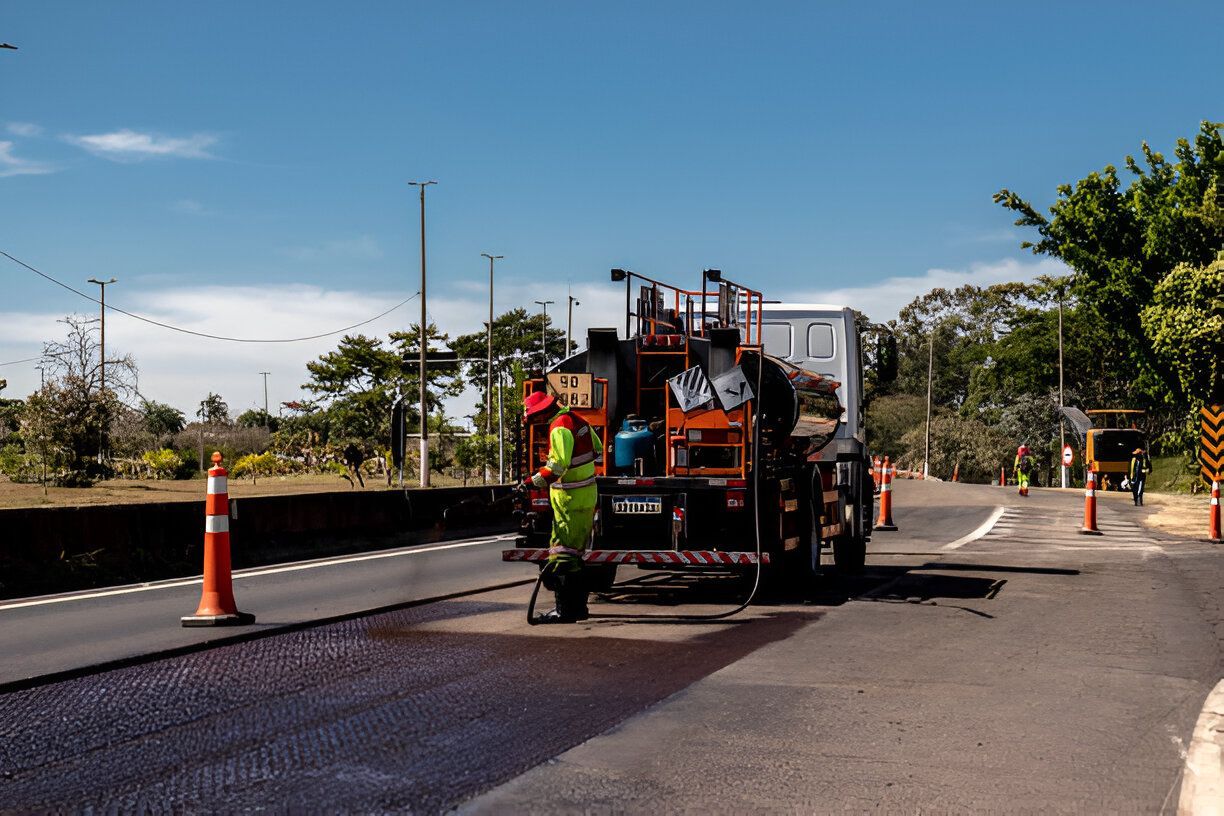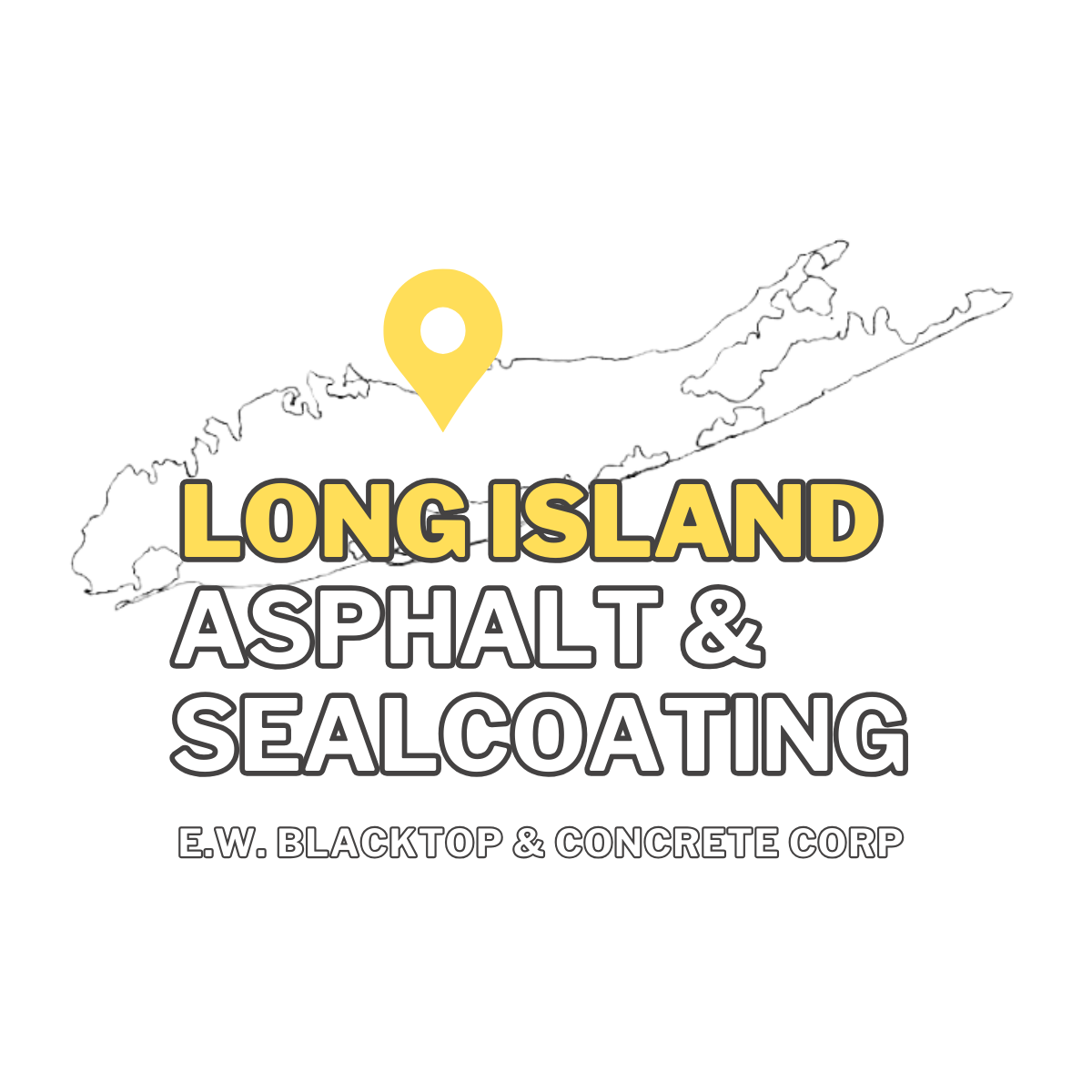Asphalt Resurfacing vs. Replacement: Which Option is Best?

Over time, asphalt surfaces can develop cracks, potholes, and general wear due to traffic and weather conditions. If your driveway or parking lot is showing signs of deterioration, you may be wondering whether resurfacing or full replacement is the right solution. Both options have their advantages, and the best choice depends on the condition of your existing pavement.
This guide will explore the differences between resurfacing and replacement, their costs, durability, and when each option makes the most sense. If you're in Long Island and need expert asphalt repair, check out our asphalt repair services for professional solutions.
What Is Asphalt Resurfacing?
Asphalt resurfacing, also known as an overlay, involves adding a new layer of asphalt over the existing pavement. It’s a cost-effective way to restore a smooth surface without completely removing the old asphalt.
Some of the key benefits of resurfacing include affordability, a quicker installation process, and an improved appearance. This method also extends the lifespan of your pavement by several years.
Resurfacing is a great choice when the existing pavement is still structurally sound but has surface cracks or minor potholes. It works well if the base is in good condition and the damage is limited to the top layer.
What Is Asphalt Replacement?
Asphalt replacement involves completely removing the old pavement and installing a new foundation before laying fresh asphalt. This option is best for pavements with severe structural damage or long-term wear.
One of the biggest advantages of replacement is its longevity. Since the foundation is rebuilt, it ensures a stable and durable surface that can last decades. Replacement is ideal when deep cracks, large potholes, or water damage have compromised the integrity of the pavement. If your asphalt is over 20 years old and has significant deterioration, full replacement is often the better long-term investment.

Cost Comparison: Resurfacing vs. Replacement
The cost of each option depends on factors such as pavement size, existing damage, and material prices.
Resurfacing is typically the more affordable choice, as it requires less labor and fewer materials. The price per square foot is significantly lower compared to full replacement. However, resurfacing may not be a suitable solution if the pavement’s foundation is compromised.
Replacement, while more expensive upfront, provides a longer-lasting solution that prevents recurring damage. This makes it a better investment for heavily used areas or pavements with deep structural issues.
How to Decide Between Resurfacing and Replacement
The choice between resurfacing and replacement depends on several factors, including the extent of damage, the age of the pavement, and budget considerations.
If the asphalt is still in relatively good shape but has surface cracks or minor potholes, resurfacing can restore its functionality and appearance at a lower cost. On the other hand, if there are deep cracks, widespread deterioration, or drainage problems, full replacement is the best solution.
For professional guidance on the best option for your property, get in touch with our Long Island asphalt repair experts today.
Q1: Can asphalt be resurfaced more than once?
Yes, as long as the underlying base remains stable. However, resurfacing multiple times without addressing foundation issues may lead to premature failure.
Q2: How often should asphalt be resurfaced?
Typically, resurfacing is needed every 10-15 years, depending on traffic and weather conditions.
Q3: Does resurfacing fix drainage problems?
No, resurfacing only adds a new layer to the surface. If there are underlying drainage issues, a full replacement may be necessary.
Q4: How long does asphalt replacement take?
The process can take several days to a week, depending on the size of the project and weather conditions.
Q5: Is resurfacing just a temporary fix?
No, resurfacing can last between 8-15 years if the base is in good condition. Proper maintenance extends its lifespan.
Conclusion
Choosing between asphalt resurfacing and full replacement depends on the condition of your pavement. If the existing asphalt is stable but has surface damage, resurfacing is a cost-effective way to extend its life. However, for deep cracks, foundation problems, or severe wear, full replacement is the more durable long-term solution.
For expert asphalt repair and resurfacing in Long Island, contact our team today to find the right solution for your pavement.
